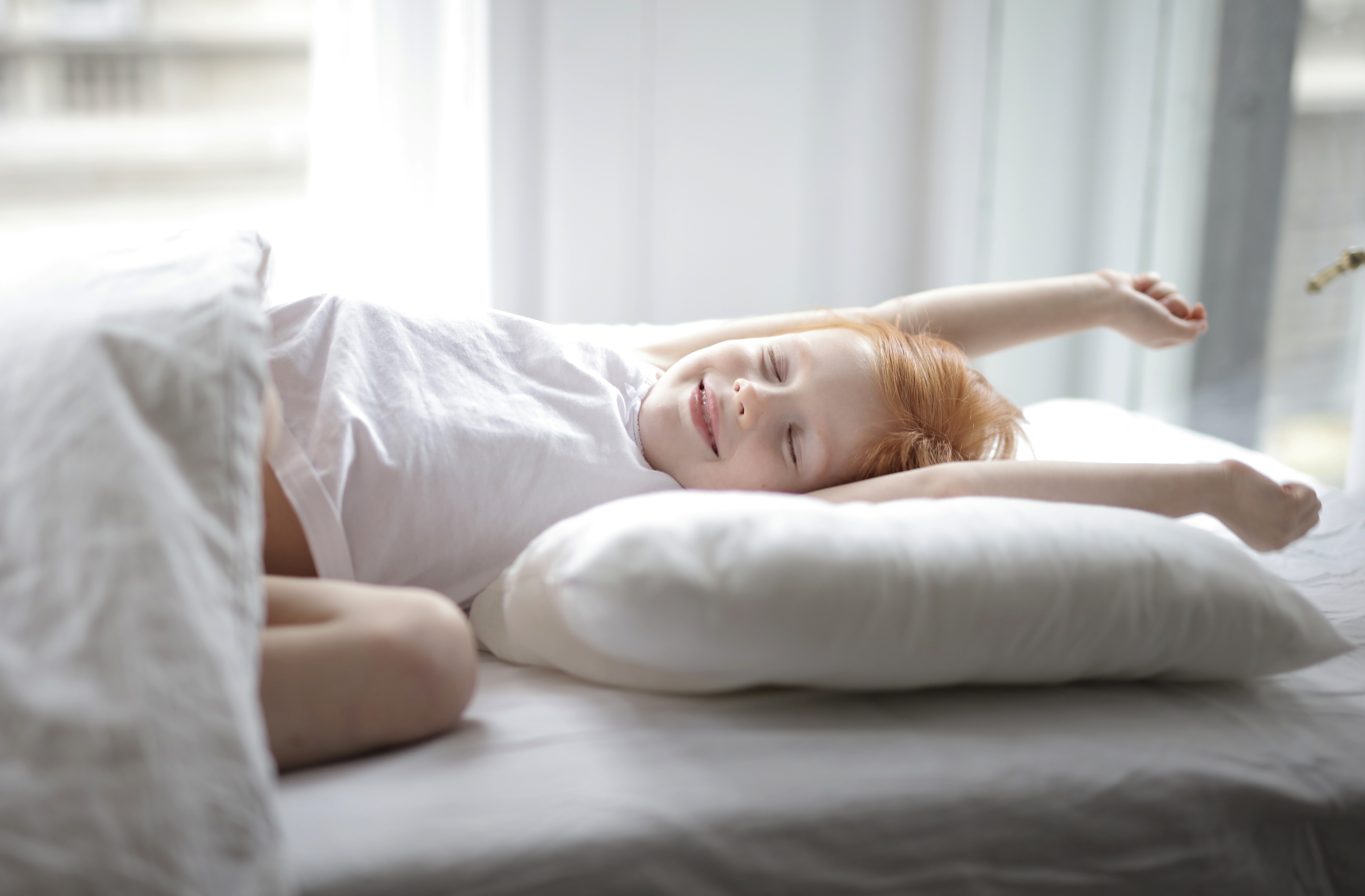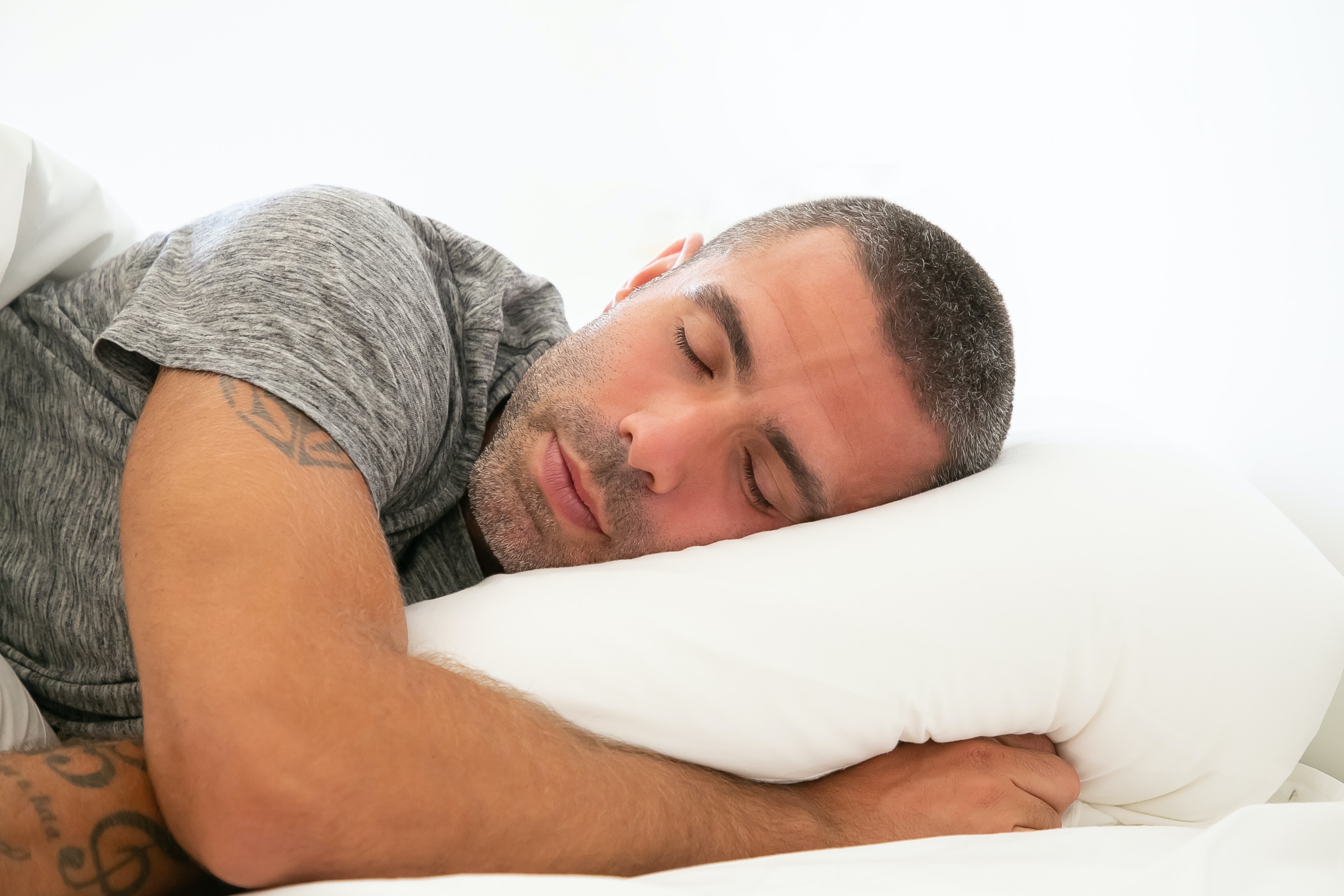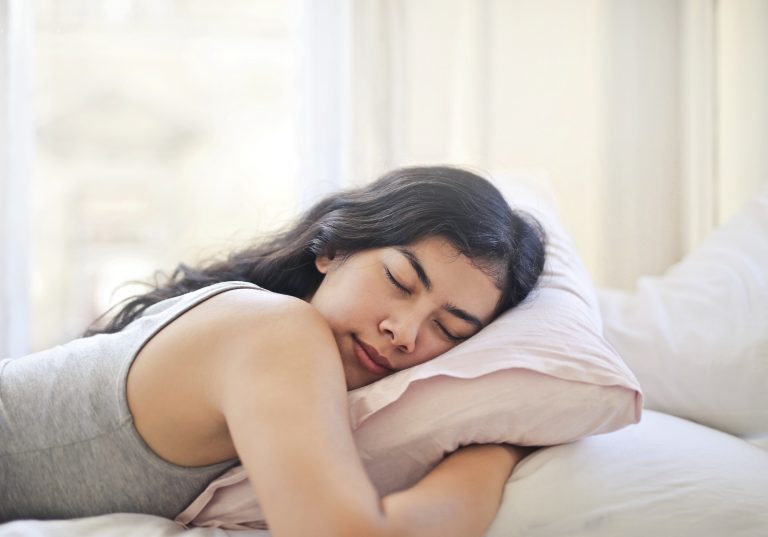Do you find yourself nodding off just within minutes of sitting down? Do you struggle to stay awake during a boring meeting or a dull movie? How about a long phone call with a particularly soothing voice? If your answers are in the affirmative, or if these scenarios have even become the norm for you, chances are you are not getting enough sleep.
What is a full night’s sleep for your age group, and why is it important? What happens when we try to get by on less, depriving ourselves of as little as one hour of sleep? Let’s see what the experts have to say about it.
What is enough sleep at each stage of life?
After studying the sleeping patterns of 11,000 Americans aged six and up between 2011 and 2014, a research paper, first published in Bel Marra Health, revealed that our sleep behaviors change as we move through different stages of life.
Most toddlers, for instance, sleep between 11 and 14 hours a day, taking advantage of a worry-free time under their parent’s attentive care to focus on growth and development. This sleep time is slightly reduced to an average of 9 to 11 hours of rest each night when children begin school and start to take on responsibilities.

Teens and young adults further reduce their sleep time to pursue active social lives, often opting to stay up late. Although their sleep schedule is altered during these years, individuals in this age group generally get the rest they need, that is, 8-10 hours for teenagers and 7-9 hours for young adults.
Success
You are now signed up for our newsletter
Success
Check your email to complete sign up
People in their 40’s tend to get the least sleep given their multiple life responsibilities. Trying to balance family, work and other areas, individuals in this age group — who require between 7 to 8 hours of sleep to maintain good health — usually put sleep as the last of their priorities.
As time passes family responsibilities dwindle, work becomes less demanding, and routines become simpler. Elderly people tend to get more — and better quality — sleep.
Studies have shown that when we neglect our sleep needs, our bodies pay the price. Why is getting enough sleep so important?
The seemingly inoffensive “one night of short sleep”
Matthew Walker, a sleep scientist and professor at the University of California, said in a video to Insider “After just one night of four to five hours of sleep, there is a 70% reduction in critical anticancer-fighting immune cells called natural killer cells. And that’s the reason that we know that short sleep duration predicts your risk for developing numerous forms of cancer.”
In his book Why We Sleep, Walker further explains the impacts of sleep deprivation. In males, for instance, sleeping five to six hours can cause their testosterone levels to drop to those of someone ten years older.
In terms of brain health, lack of sleep has been shown to increase the risk of developing dementia later in life. This is because during sleep, our brain washes out a toxic protein called “beta-amyloid” associated with Alzheimer’s disease. The interruption of this natural flush causes an accumulation of the toxic protein, manifesting its consequences over time.
“The best bridge between despair and hope is a good night’s sleep”
E. Joseph Cossman
Our cardiovascular system also benefits greatly from healthy sleep habits. It is during sleep that our blood pressure drops and our heart rate slows down, giving our bodies a natural reboot.
But if we don’t sleep enough — at least six hours — our blood pressure rises and the risk of having a heart attack or stroke in our lifetime goes up to 200%. It seems to be no coincidence that global heart attack rates increase by 24% the day after spring daylight savings are put in place. The loss of that single hour of sleep may cost us more than we imagine.
Can I train my body to sleep less?
Prolonged wakefulness seems to be common nowadays. With long working hours and abundant artificial light, we no longer depend on sunlight to conduct our daily activities. Have our bodies adjusted to our increasingly active lives?
According to Cynthia LaJambe, chronobiologist at the Pennsylvania Transportation Institute, it is not possible for anybody to function properly with fewer than six hours of sleep. She explained: “Some people think they are adapting to being awake more, but are actually performing at a lower level. They don’t realize it because the functional decline happens so gradually.”
In an interview with author Rich Roll, Matthew Walker made similar remarks when asserting that the percentage of the population — rounded to a whole number — who can live on five or hours of sleep or less without showing any impairment is zero.
“You think you are doing fine and gradually over time that deficient form of you becomes the new norm.” He explains that as we cut back on our sleep hours gradually, we don’t realize the version of ourselves we eventually become. It’s only when we improve our sleep habits that we realize what we have been missing out on.
Eight days of sleep deprivation: experiment
In 1959, radio DJ Peter Tripp decided to take on the challenge of staying awake for 200 consecutive hours. What started as a charity drive for the March Of Dimes became a valuable scientific opportunity with lamentable results.
Sitting at a booth in Times Square, Tripp was constantly monitored by sleep researchers to ensure that his physical wellness was not compromised at any point. 100 hours into the experiment, Tripp was unable to recite the alphabet or solve simple math problems, and 20 hours later he began to have hallucinations.
During the last 66 hours of the experiment, Tripp was drugged regularly to keep him from falling asleep. His speech had become blurred and his hallucinations led him to believe that the people experimenting were trying to send him to prison and convince him that he was not himself. Tripp developed symptoms of psychosis and intense paranoia, accusing others of trying to poison him and refusing to cooperate with medical tests.
And although his behavior seemed normal after a 24-hour period of monitored sleep, it is believed that the experiment had a lasting negative effect. He lost his job and his wife divorced him. Moreover, the thought that he was an imposter of himself accompanied him for some time.
Tripp passed away at the age of 73 after having a stroke. In spite of the unfortunate aftermath, his experiment provided psychologists with valuable insights on REM — Rapid Eye Movement — sleep and the relationship between body temperature and sleep deprivation.

Effects of the pandemic on our sleep patterns
According to Matthew Walker, the Covid pandemic changed our sleep patterns in four aspects: quantity, quality, dreaming and timing.
After reviewing numerous studies, Walker found that sleep duration has increased on average by 20 to 30 minutes. This, he explains, is due to the reduction of commuting times and a general adoption of remote lifestyles.
However, the sleep quality did not see any improvement. The impact of the pandemic on mental health, manifested primarily as feelings of uncertainty and anxiety, took its toll on a number of people whose rest was disturbed by concerns about job stability and world affairs. There were numerous reports of people dreaming more — often about the pandemic — which Walker considers to be a mechanism for the brain to make sense of reality and cope with complex emotions, as a form of “emotional first aid.”
Regarding timing, the pandemic allowed many people to push their bedtime and start waking up significantly later. This, Walker explained, has made it possible for many to create a suitable routine and “sleep back in synchrony with their natural chronotype.”















